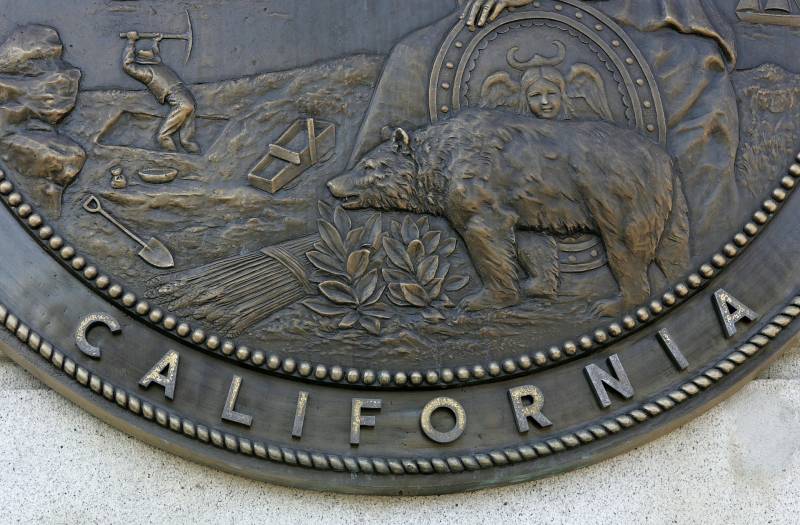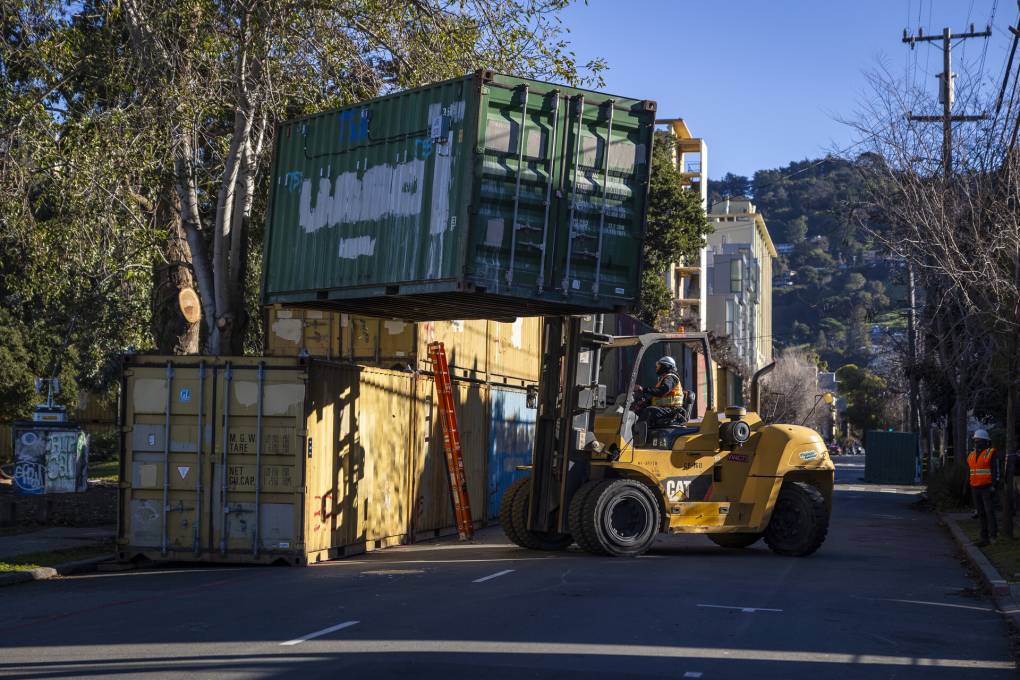“The measure exceeds the scope of power to amend the constitution via citizen initiative,” the justices wrote. “It is within the people’s prerogative to make these changes, but they must be undertaken in a manner commensurate with their gravity: through the process for revision set forth in Article XVIII of the Constitution.”
The court wrote that case law has long distinguished between a revision and amendment to the state Constitution — and that a revision makes “far-reaching changes in the nature of our basic governmental plan.”
Dubbed the “Taxpayer Protection Act,” the measure was placed on the ballot by the California Business Roundtable, a group of top business executives, as well as the anti-tax Howard Jarvis Taxpayers Association. They criticized the ruling as a “travesty” and vowed to continue pushing anti-tax measures.
Rob Lapsley, CEO of the Business Roundtable, said the outcome wasn’t a total loss because just the threat of the initiative prevented local and state tax measures from being placed on the November ballot.
“We have major wins,” he said. “We have kept major tax increases off the ballot … because they knew that if this measure passed, it was going to have an impact on all new future taxes.”
Democratic leaders, supported by labor unions, sued to have the measure taken off the November ballot, framing it as an existential threat to the government’s ability to provide services. In a statement Thursday, a spokesperson for Gov. Gavin Newsom praised the ruling.
“We are grateful the California Supreme Court unanimously removed this unconstitutional measure from the ballot,” said Izzy Gardon. “The Governor believes the initiative process is a sacred part of our democracy, but as the Court’s decision affirmed today, that process does not allow for an illegal constitutional revision.”
At oral arguments in May, the justices appeared skeptical of Democrats’ arguments, noting the court’s general reluctance to prevent voters from weighing in on a measure and asking lawyers for the governor why they shouldn’t take up the constitutional question after the election.
But in Thursday’s ruling, authored by Justice Goodwin Liu, the court explained its rationale for preventing voters from weighing in at all.
“We typically review constitutional challenges to an initiative after an election in order to avoid disrupting the electoral process and the exercise of the franchise,” the ruling stated. “But preelection review is proper for challenges that go to the power of the electorate to adopt the proposal in the first instance.”

